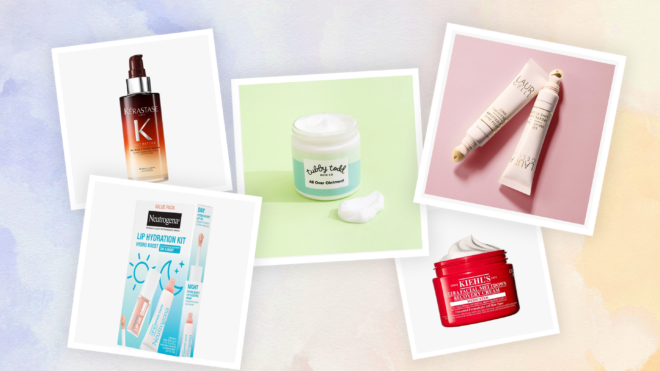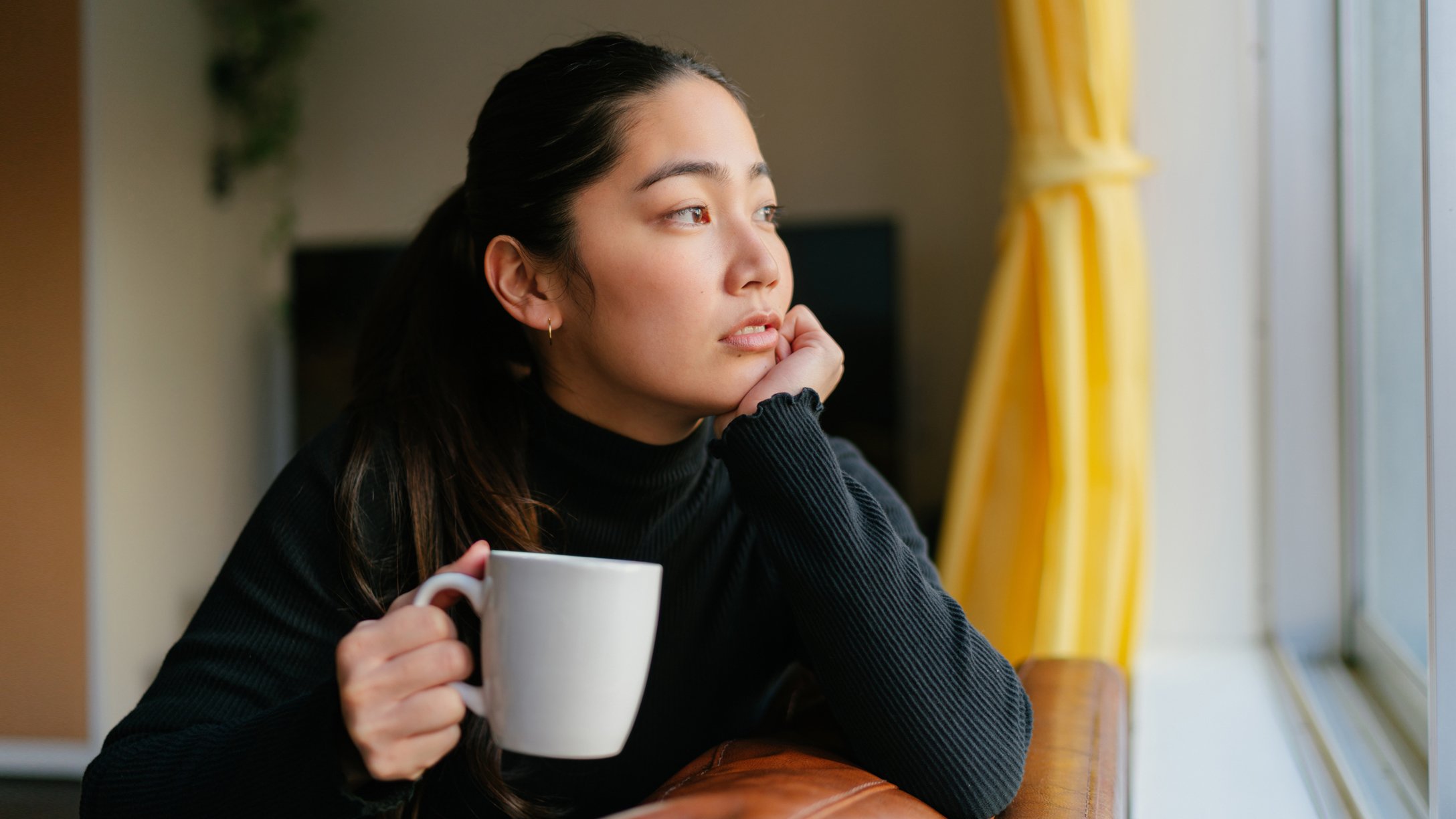
In this article
Anxiety is a constant and often excessive worry and fear that negative things will happen in everyday situations. And anxiety and stress can show up differently for moms and dads.
According to a recent CARAVAN survey that was conducted by Big Village among a sample of 803 U.S. adults aged 18 to 64, 86% of parents with kids experience some form of anxiety compared to 80% of people without children.
Furthermore, moms are more concerned than dads about the growing impact of the mental health crisis on America's youth. However, both parents are more inclined to do something to do address their mental health concerns.
Forty-eight percent of moms are doing more reading and 27% of moms are doing more journaling to ease their mental health concerns. Moms are also more likely to spend more time with their family and friends to help ease their well-being than dads.
Although some parents have reported experiencing anxiety, a few have such bad anxiety that they are put on medications for an anxiety disorder. However, most of us can benefit from a natural remedy for anxiety. We’ve compiled a list of the most common natural anxiety treatments you can try.
Learning to recognize the signs: What are anxiety symptoms and how to deal with them
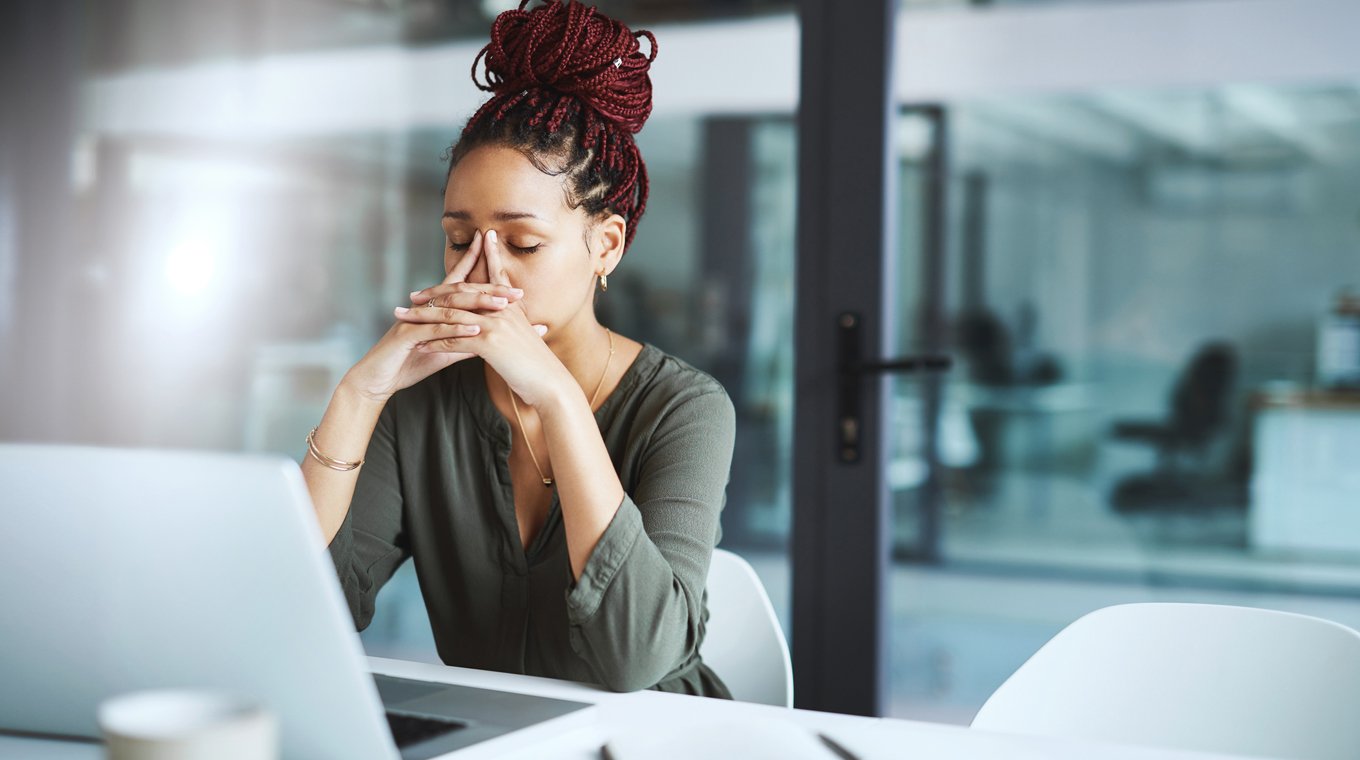
When you learn to recognize what the anxiety symptoms are, you can alter your behavior to better deal with it. Sometimes slight adjustments are all it takes to reduce your anxiety.
Reducing muscle tension
Muscle tension is a sign of anxiety. Fortunately, you can do a lot to alleviate muscle tension. Go for a walk or do some light stretches to help muscles relax. While activities like yoga will do a lot to calm the mind and body, you might start with a less formal activity to reduce any stress that might arise from starting a new exercise program.
Improving sleep habits
Sleep problems are common in people with anxiety. Make sure to keep regular sleep times, meaning go to bed at the same time and wake up at the same time every day so that your body learns the sleep patterns that you want it to have. If you have trouble falling asleep, use a noise machine or play a guided meditation to help you dose off.
Break tasks into short bursts
Many people with anxiety have trouble concentrating. To help with this problem, shorten times that you need to relax. This might mean breaking an hour’s task into four 15 minute tasks where you take a break in between to refresh your mind. Working in short bursts lessens the overwhelm that bigger tasks bring.
What medications are for anxiety: The natural cures
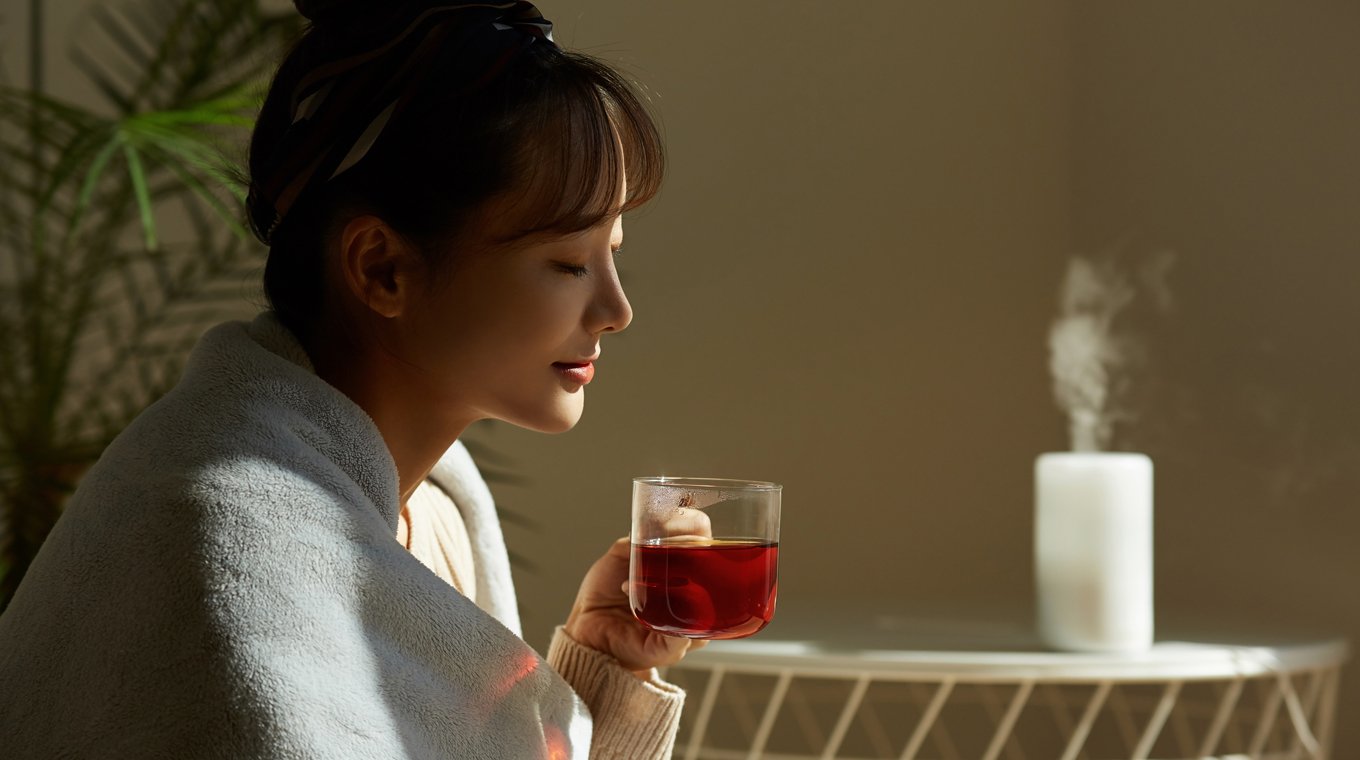
Fortunately, there are many natural remedies for anxiety. Try some of these to see if they help calm and relax you.
Drink tea
Certain teas have a calming effect on your mind and body. Both chamomile and green tea are excellent choices to help. Chamomile is said to have compounds that bind to the same brain receptors that Valium does without the side effects. Green tea has L-theanine helps reduce blood pressure and heart rate without making you sleepy. Both of these are easy and excellent choices to help with anxiety. Note: Check the package on your green tea, as most contain caffeine.
Take Valerian
Valerian is an herbal supplement that helps reduce anxiety and helps you sleep well. Because it will make you groggy, make sure to take Valerian when you want to go to sleep or take a nap. It is usually taken as a capsule since it doesn’t taste great as a tea.
Try lavender aromatherapy
The smell of lavender is calming and relaxing. Those who use lavender aromas report feeling less anxious in situations like going to the dentist or taking an exam. You can burn a candle or use an oil to get the benefits without having to actually take a pill or drink a tea.
Note: Make sure to check with your doctor before starting on any herbal supplements, teas, or essential oils, expecially if you're pregnant or nursing. Also, check with your pediatrician before using any aromatherapy oils around children.
Dr. David Stukus, an associate professor of pediatrics at Nationwide Children’s Hospital in Columbus, Ohio, warned about the risk of essential oils for children. Small particles in oils are “really good at infiltrating the upper and lower airways, which can cause irritation, especially in people with underlying chronic medical conditions such as asthma or allergies," Stukus told The New York Times.
How to deal with anxiety: Coping skills to reduce symptoms
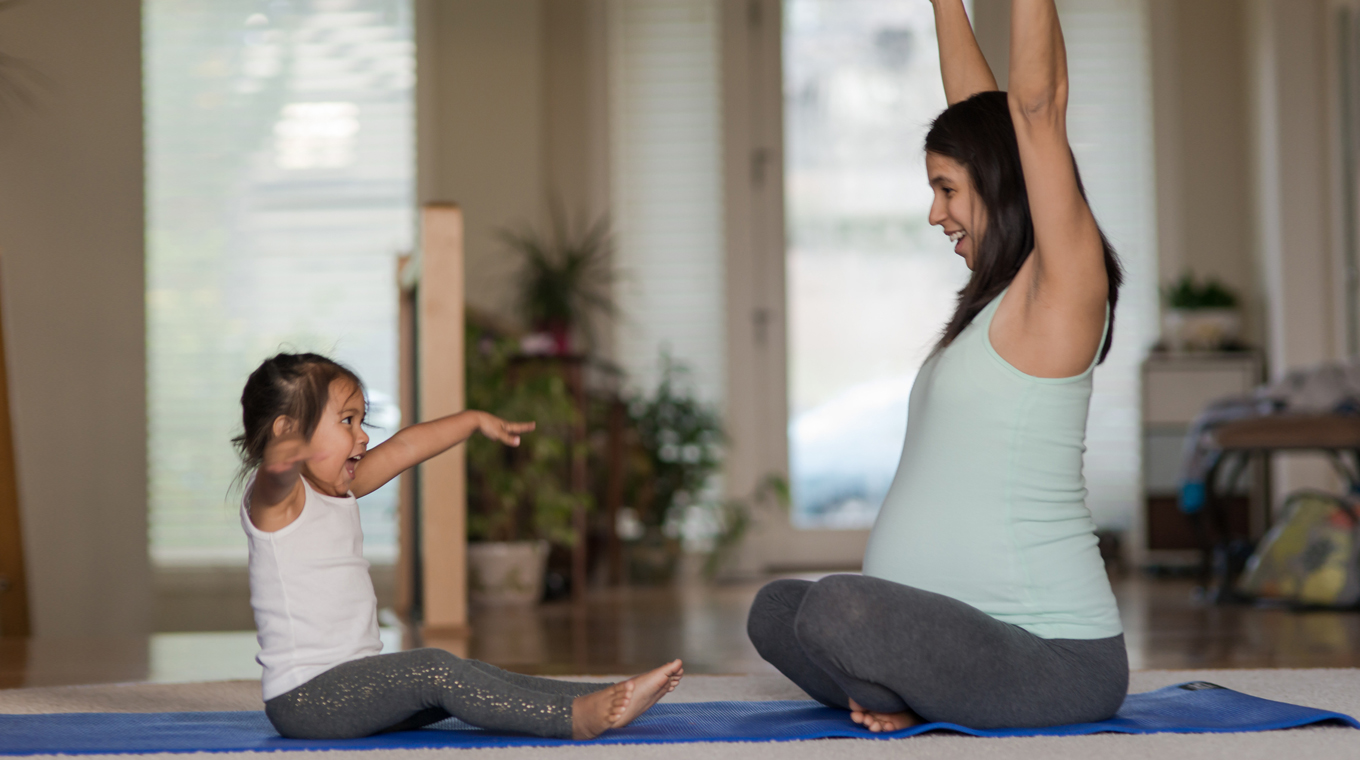
There are other ways to reduce anxiety that don’t require a supplement or tincture. It’s best to have as many anxiety-fighting tools in your toolbox as possible to get the best results.
Try an exercise routine
Many people report reduced feelings of anxiety after they workout. Workouts give your mind something else to focus on for some time while your body is moving and releasing the stress in your muscles. Best of all, it doesn’t need to be a long workout. The Mayo Clinic says that 30 minutes a day for three to five days a week can significantly improve anxiety symptoms.
Get writing
Journaling is an excellent way to help with anxiety symptoms. By writing things down, your mind is better able to process things. It doesn’t feel that it needs to hold on to every thought because you’ve jotted it down. Give yourself some time every evening to brain dump into a journal to fight off the anxiety jitters.
Avoid alcohol
Alcohol is a natural sedative, but it isn’t the best choice to deal with anxiety in the long term. Drinking can interfere with the body’s natural balance of neurotransmitters that help with positive emotional health. And even though it is a sedative, it disrupts your body’s natural ability to sleep which can increase anxiety.
Reducing alcohol is exactly what mom of four, Angela Christian did to stop needing Zoloft and Xanax. “I noticed when I took a 30-day break from alcohol, my anxiety completely disappeared. For the first time ever!” Her testimony is compelling enough to try it and see if it helps.
Try coloring
Adult coloring books are all the rage these days and for good reason. They quiet your mind with a simple task. “Fifteen minutes of quiet coloring has been shown to help calm and clear your mind,” Dr. Tasha Holland-Kornegay told Mom.com. She recommended coloring books filled with peaceful patterns and geometric shapes for maximum anxiety relief.
When to get help
Natural remedies are great, but some anxiety needs a stronger approach. If your anxiety worsens or isn't relieved by these options, talk to your doctor for a referral to a therapist, or a psychiatrist about anti-anxiety medication. There's no shame in getting the help that you need from an expert.


